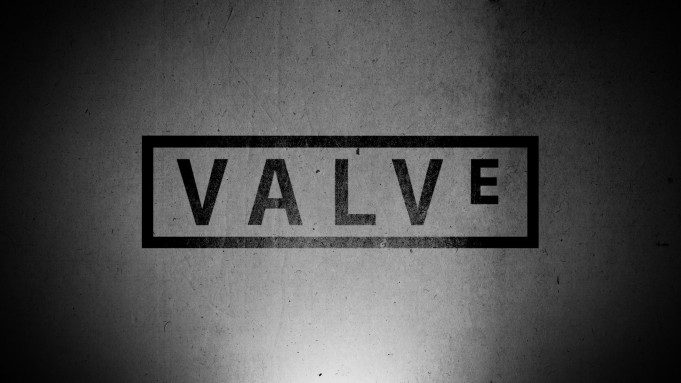During a Q&A on Reddit, Valve head Gabe Newell affirmed that the company is continuing development its own first-party VR content, as well as exploring interests in new technologies which could play a part in Valve’s future.
After dodging a flurry of Half-Life 3 related questions, Gabe Newell addressed a question asking what direction the company should take in the future.
“The big thing right now is broadening the range of options we have in creating experiences. We think investing in hardware will give us those options. The knuckles controller is being designed at the same time as we’re designing our own VR games,” he wrote. [The “knuckles controller” is the new VR controller prototype the company showed off at Steam Dev Days in October.]

Newell was also asked if Valve was interested in making a “full game experience” for the Vive VR system, to which he responded, “Yes. We think VR is pretty important as a tool for interesting games.”
Valve created The Lab, a package of free VR mini games for the HTC Vive which have been much loved by the VR community. For a time the game was the highest rated title on the entire Steam store (and to this day remains in the top 20). As fun as it was, seemingly each one of the included mini games deserved to be fleshed out in a substantial experience.
Though Valve is known for making some of the best games of all time—including Half-Life 2 (2004) and Portal 2 (2011)—it’s been more than five years since the company released any narrative focused titles, something that’s in serious demand in the VR space. There’s high hopes that Valve is working on a VR game that will be as significant as either of the aforementioned titles.
Back to the question of where Valve is headed in the future: Newell says the company is exploring both artificial intelligence and the far future of human-computer interaction.
“…some of us are thinking about some of the AI work that is being hyped right now. Simplistically we have lots of data and compute capability that looks like the kinds of areas where machine learning should work well. Personally I’m looking at research in brain-computer interfaces.”
The entire field of Brain-Computer Interfacing (also called BCI) is devoted to understanding how to communicate directly with the human mind. The ultimate goal of BCI, one supposes, is to decode a standardized system of brain ‘language’ and a system of input/output. You can think of the big needle stuck into the back of Neo’s head in The Matrix (1999) as a highly advanced brain-computer interface. Dreams are proof that if you can control the brain’s inputs, you can create any conceivable reality.
Exciting stuff indeed, and while BCI technology is extremely rudimentary today, we’re gaining an ever clearer picture into what’s happening inside the brain, to the point that we can reconstruct basic images from thoughts alone.







